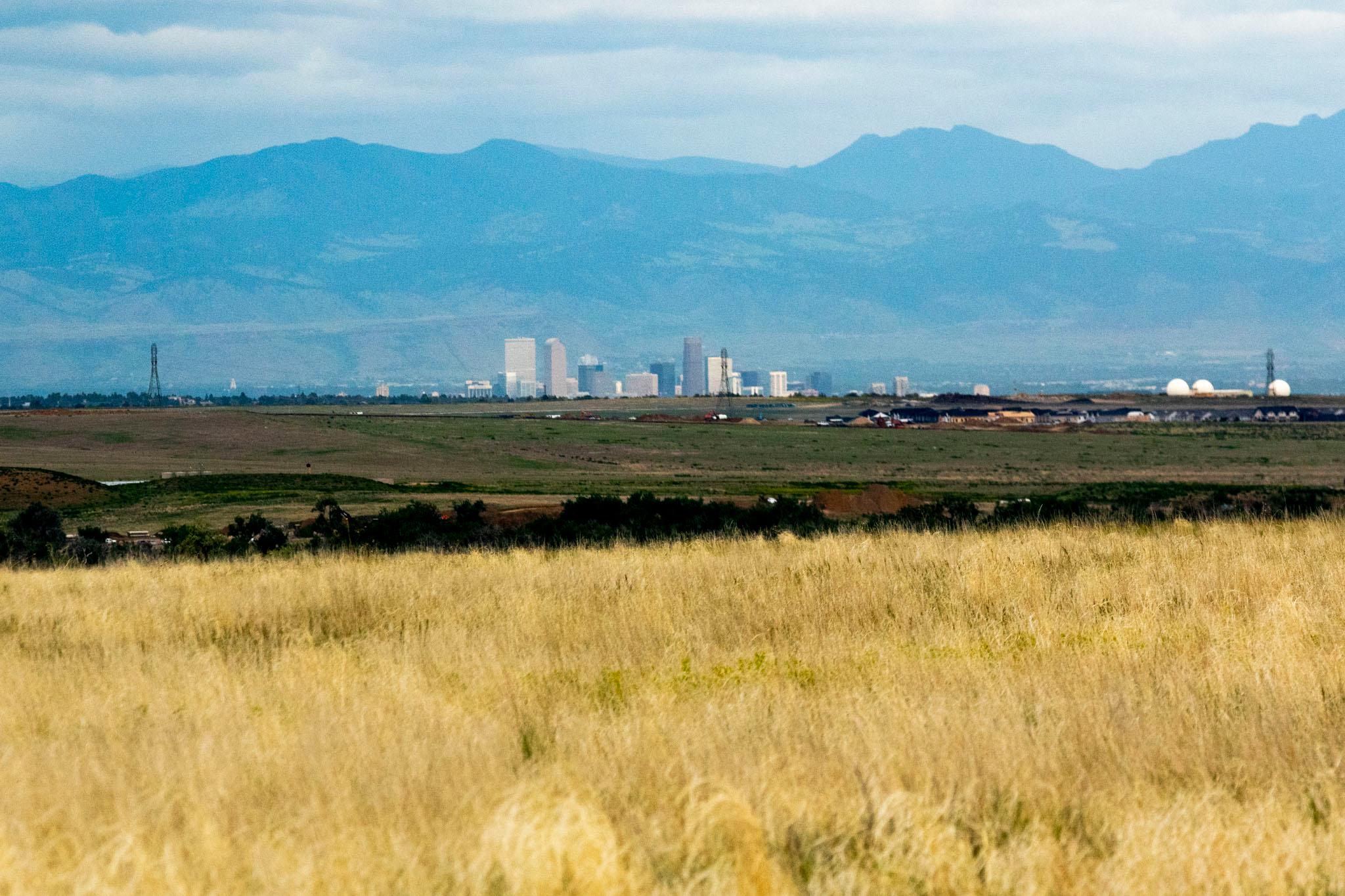Denver City Council unanimously passed Mayor Mike Johnston’s $4.4 billion 2025 budget.
This year’s general fund budget, $1.76 billion, will see a mere 0.6 percent increase from last year’s $1.74 billion general fund budget. This is the slowest growth in the general fund the City of Denver has seen in 14 years, since just after the great recession.
“The City Council worked diligently to incorporate community priorities into the 2025 budget, resulting in increased support for rental assistance, youth programs, and assistance for local businesses facing construction-related impacts,” said council President Amanda Sandoval in a statement.
Just how much smaller is the 2025 budget?
The overall budget is down 2.5 percent from last year.
The city’s full-time workforce has dropped to 9,738 — a reduction of roughly 200 positions. The reduction will happen because the city is not filling vacancies, not by enacting layoffs or furloughs. This is the first time since 2012 that Denver hasn’t increased its funding for personnel.

Still, city workers, who will be contending with a smaller workforce from unfilled positions, can expect up to 4 percent in merit-based raises.
"The city budget is a reflection of our values and our priorities, and even in a slower economic environment, we created a budget that will build a vibrant, affordable, and safe Denver," Johnston said in a statement.
How will the budget be spent?
Of the budget, $58.6 million will go to economic development. That mostly includes workforce development; small business support; neighborhood planning in southwest Denver, downtown and La Alma-Lincoln Park; and aid for businesses hurt by construction projects.
Funding for Denver Health, the city’s safety net hospital, will increase by 3 percent to $74 million. This is separate from the voter-approved Denver Health sales tax.
Another $60 million will fund the creation and preservation of 1,400 affordable homes, along with investments in rapid rehousing and vouchers for 3,000 households.
The city plans to help prevent people from becoming homeless by dedicating $20 million in temporary rent and utility assistance to households most at risk of eviction and in legal defense for tenants.

Of that, $12 million will come from the general fund. The mayor will also ask city council to allocate $8 million for rental assistance from the 2024 contingency fund.
The mayor’s budget includes funding for alternatives to police. That includes $6.9 million for the Support Team Assisted Response Program, $2.6 million for the co-responder program and $5.2 million for the Behavioral Health Solutions Center, along with $2.8 million for Roads to Recovery, the city’s treatment and rehabilitation program.
The city will devote $2.5 million to participatory budgeting, where the people will decide how money is used.

Another $2.2 million will go to improving transportation and mobility in neighborhoods. The goal is to use “simple, effective solutions to reduce vehicle speeds, improve the pedestrian experience and improve safety for everyone,” according to the mayor’s office.
In an effort to make city services more green, the budget also includes $6 million for building up Denver’s electric fleet and $7.4 million for adding charging systems for both city vehicles and the public. Another $3 million will go to green job training programs.
A total of $8.5 million will go to helping kids with afterschool programs, affordable childcare and youth violence prevention.
What about Johnston’s big responses to immigration and homelessness?
In 2024, the city purchased and set up hotels, tiny home communities and other infrastructure to shelter people. Now that the groundwork has been laid, Johnston’s effort to end unsheltered homelessness, All in Mile High, will see an $84 million drop in funding to $57.5 million.
The city has also radically cut the amount it plans to spend on new immigrant support from $90 million to $12.5 million.

And the city will hold $220 million in reserves for economic surprises.
“We continue to focus on the Denver City Council’s key priorities, addressing the diverse and evolving needs of our community,” council President Pro Tem Diana Romero Campbell said in a statement. “From additional funding for youth programs to safe routes to school to strengthening public health inspections of residential properties, we were able to align the Council's priorities with the needs of Denver residents to pass the 2025 budget.”












